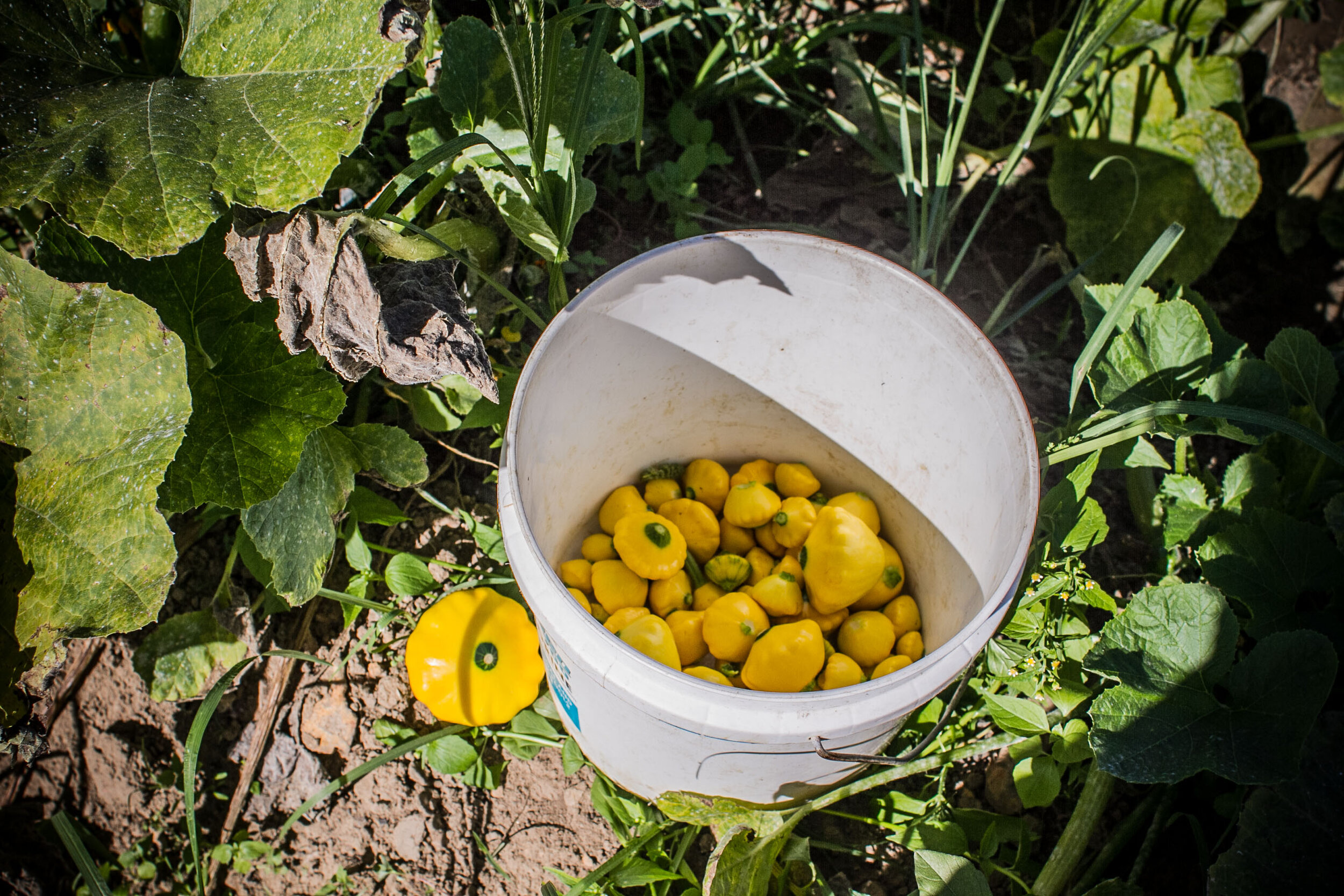Why you should never eat a mango in July
Why you should never eat a mango in July
When you think about it, modern technology is pretty amazing. Imagine telling your great-grandparents that the best pizza from two suburbs away can be theirs in a mere 30 minutes with just a few button clicks! It’s no wonder that us millennials are more into take-out than any generation that has come before – I would hazard a guess that our great-grandparents would be ordering burgers while kicking back with Netflix if they had the choice too.
Eating take-out, convenience foods, or just living off toast (whatever your budget dictates) can seem pretty appealing, but with the ease of the food world being at our fingertips we’re worried the skills that come from preparing our own food may be going out the window. While most of us can tell our pad thai from our banh mi - a feat our great-grandparents probably wouldn’t have mastered - in exchange our understanding of how exactly food gets from the ground to our mouth seems to be taking a hit.
Now, I’m not proposing we all go back to the days of yore and make brawn from boiling pigs heads (this is a thing – my mum told me about it), although if that floats your boat that’s totally fine with me and would stop the head going to waste. Rather, this time around at YFM we’re just trying to encourage people to start thinking about eating more seasonally – i.e. eating fruit and vegetables at the time of their peak harvest in your local area, rather than those that have been stored for months on end or shipped/flown from far away.
Here is a very short list of what seasonality is all about & why it's important:
Look, at the very least, learning what’s in season should help you to make better take-out choices…
Convinced? Our Seasonal Palette event on 20 October in Sydney is a great opportunity to learn more about seasonality from some amazing speakers, as well as having a whale of a time generally and making some art. Happy eating! **SOLD OUT**

